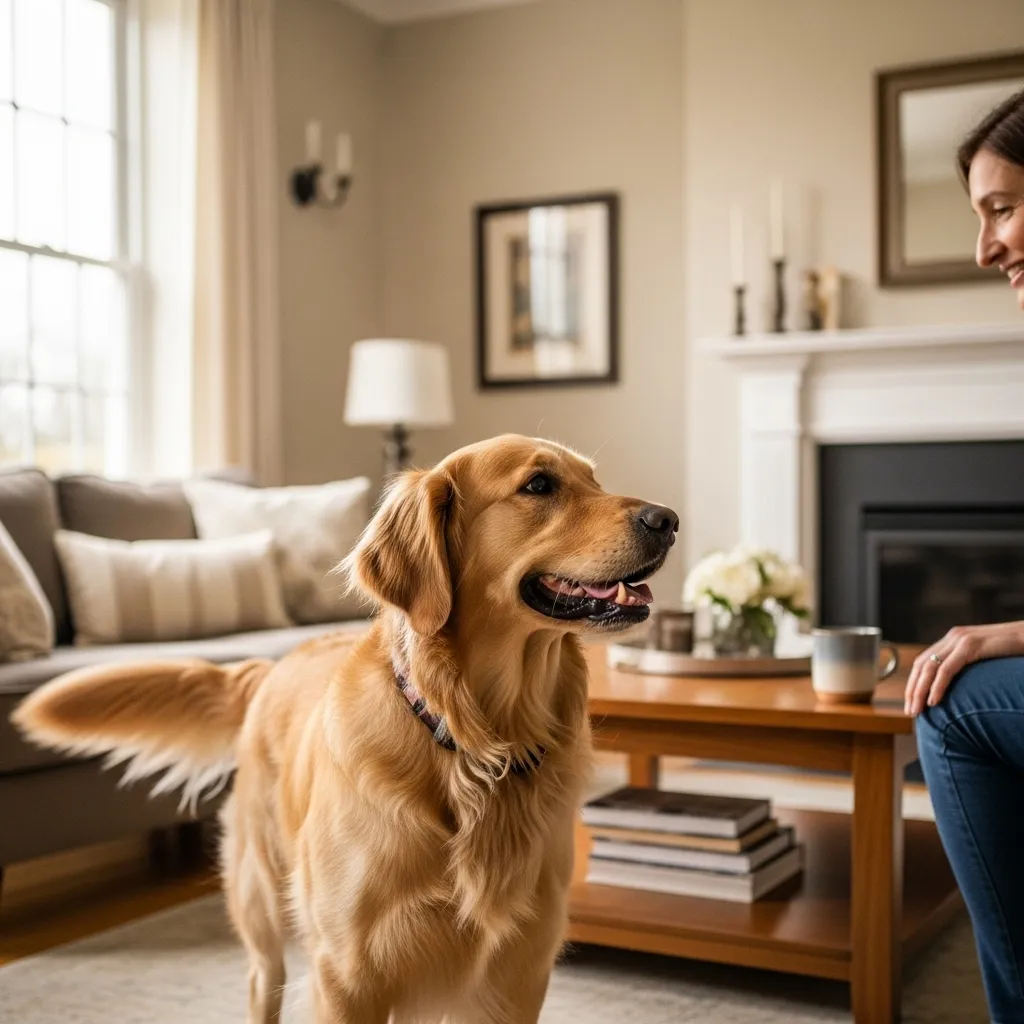
Why Do Dogs Bark? Understanding the Root Cause
Before you can effectively manage barking, it’s helpful to understand why it happens in the first place. Barking is a complex vocalization, a tool dogs use to convey a wide range of messages. When a dog barks, they’re not trying to be “bad” or annoy you; they are communicating a need or reacting to their environment. Acknowledging the reason behind the bark is the first step in addressing it with compassion and effectiveness.
One of the most common reasons for barking is for alerts. A dog’s hearing is far more sensitive than ours, and they may bark at a delivery truck, a squirrel in the yard, or a neighbor walking by. This is an instinctual behavior, as dogs have historically served as watchdogs for their human families. Other barks are rooted in excitement, like the happy yips you hear when you grab the leash for a walk. Some dogs bark for attention, having learned that making noise is a great way to get their owner to look at them or play a game.
Unfortunately, barking can also be a sign of distress. Dogs suffering from separation anxiety, a panic disorder where a dog experiences extreme stress when left alone, may bark, howl, or whine for hours. This type of barking is not a training issue but a symptom of deep-seated fear. Similarly, a dog might bark out of fear or reactivity toward strangers, other dogs, or unfamiliar objects. Finally, and perhaps most commonly in apartment settings, dogs bark out of boredom and loneliness. A dog without enough physical exercise or mental stimulation will find ways to entertain themselves, and barking can become a default activity.
This is where humane training and management come in. We can’t expect a dog to never bark, but we can teach them more appropriate ways to communicate and ensure their needs are met so they feel less compelled to be noisy. The foundation of this approach is positive reinforcement, a training method that involves rewarding the behaviors we want to see (like quiet) rather than punishing the behaviors we don’t. This builds trust and makes learning a positive experience for your dog. For persistent barking, especially if you suspect it’s related to anxiety or fear, it’s always best to consult a certified professional dog trainer or a veterinary behaviorist. You can learn more about general pet behavior from trusted sources like the ASPCA.
Understanding these motivations is crucial because even the quietest dog breeds on our list can become problem barkers if they are bored, anxious, or not getting enough exercise. The breeds we highlight are simply less predisposed to barking, giving you a head start in cultivating a peaceful home.














